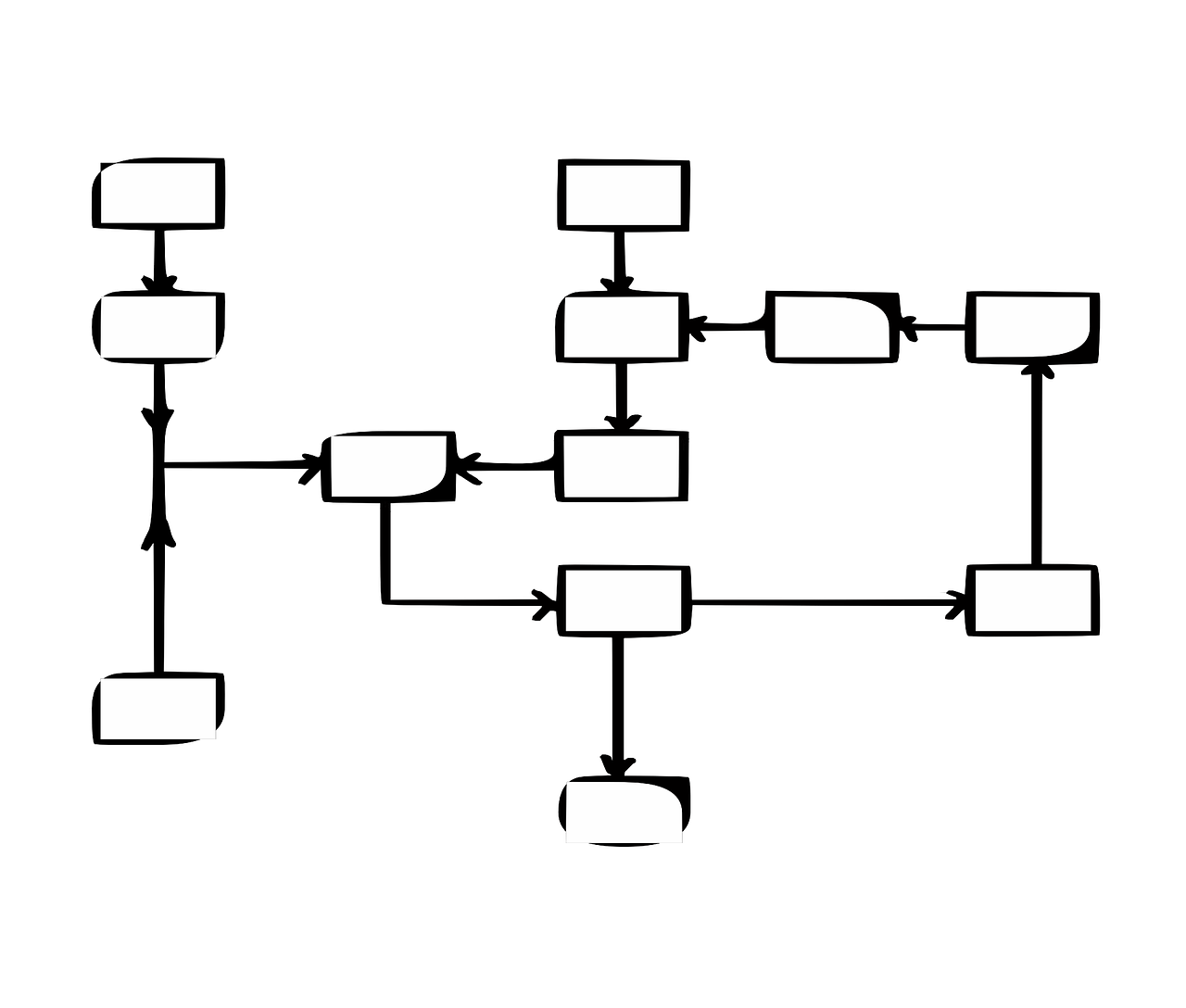As more and more organisations look at improving their bottom line and their performance they need to know how they are doing. Organisations that adopt and use digital technology and processes as the primary form of knowledge management and innovative discourse need to know if and how they can improve.
Assessing the organisational process maturity is one way to do just that.

So what it organisational process maturity?
This concept of organisational maturity through the lens of process usage was first adopted by the information technology sector many decades ago. The problem they were trying to solve was to do with how well they (IT) could pivot when the business required it. It turned out that if the processes were poor the time to pivot and respond to business requirements was poor (long and expensive).
This can now be applied to every aspect of a business and more importantly, to every aspect of digital innovation that the business has undertaken. You can measure specific areas of a business for it’s process maturity and you can measure a business as a whole. The context for measuring business process maturity is to see if the business can respond rapidly to ever changing customer and contextual demands.
There are basically 6 levels of organisational (chosen area or whole organisation) maturity:
Level 0 – there are no processes evident. The owners and workers are not aware that there could be a process in place. We find this level or lack of maturity in most households, small businesses and startup businesses. Mostly people in these organisations are not even aware that they have issues that need addressing until it is too late.
Typical practices at level 0 – Processes are not even considered for tackling any tasks.
Level 1 – approaches are ad hoc and disorganised, driven by superhuman effort. This is where people carry specialised information in their heads, some things are written down or captured in ad hoc software. They are mostly reactive type processes that are applied on a case by case basis.
Typical practices at level 1- Largely dependent on people, Responsibility is assigned, Rely on people-based controls, Job descriptions and terms of reference exist.
Level 2 – Processes are repeatable but intuitive. There is no formal training on processes and responsibility for doing processes is left to the individual. Errors are not measured and changes to processes are infrequent.
Typical practices at level 2 – Policies in place. Roles and responsibilities are defined. Inherent risks are identified. Standardised procedures exist. Common practices within a business unit. Management supervision.
Level 3 – Procedures are documented and standardised and communicated regularly through training. Processes are left to the individual to follow so deviations are often left undetected. Procedures themselves are not sophisticated but are the formalisation of existing practices.
Typical practices at level 3 – Effective and efficient. Well-defined processes. Enterprise -wide processes. Variations from standard still permitted.
Level 4 – Procedures are measured and monitored. Deviations are investigated and eliminated. Quality is monitored. There is constant improvement. Automation and tools are used to monitor outputs, outcomes and compliance.
Typical practices at level 4 – Monitor and measure quality. Process defects are corrected. Continuous improvement. Automation and tools exist / deployed.
Level 5 – Processes have been refined to a state of best practice based on continuous improvement and comparisons with other market leaders. Processes are used as a competitive advantage, decision making criteria are documented and clear. The organisation is able to respond quickly to changes / demands on it based on it’s process knowledge NOT the gut feel of any individual.
Typical practices at level 5 – Processes are optimised. Competitive advantage gained. Quickly able to adapt. Agile organisation.

